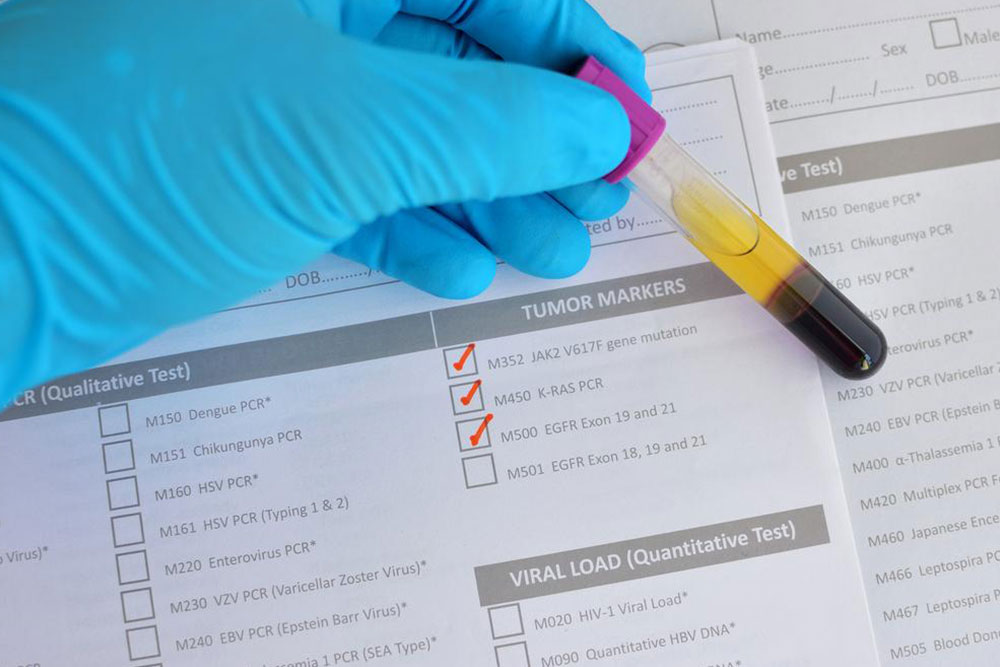Understanding Liver Diseases and Associated Health Risks
This article explores the various health complications caused by liver diseases, emphasizing early detection and the importance of medical intervention. It highlights symptoms, causes, and the liver's crucial functions, helping readers understand how to protect their health from liver-related issues.

Liver Diseases and Their Impact on Health
Liver conditions refer to any health issues that cause damage or impairment to this vital organ. Causes can vary from viral infections to lifestyle-related diseases that harm the liver tissue.
There are numerous types of liver ailments, but they often lead to common health problems, such as fatigue, liver inflammation, bruising, and anemia. These symptoms often indicate underlying liver dysfunction caused by infections, toxins, or chronic illnesses.
The liver’s primary role is detoxification—removing toxins, chemicals, alcohol, and drugs from the bloodstream.
When the liver fails due to disease, its ability to filter toxins diminishes, leading to toxin buildup affecting vital organs. Symptoms include fatigue, jaundice, easy bruising, and anemia.
Despite severe damage, the liver can still perform vital functions, including storage and detoxification, even when partially removed. However, liver diseases may cause fluid retention and swelling, complicating health further.
Chronic infections such as Hepatitis C, HIV/AIDS, and EBV significantly raise the risk of liver damage. Unmanaged, they can cause skin conditions like eczema and psoriasis, headaches, changes in tongue color, and immune deficiencies. These conditions are often irreversible, emphasizing the need for early intervention.
The liver also processes excess sugar, converting it into stored starch. Liver dysfunction impairs this process, leading to elevated blood sugar levels or hyperglycemia, which presents symptoms such as excessive thirst, hunger, frequent urination, fatigue, weight loss, and skin dryness. Severe cases can impact heart rhythm and cause sexual dysfunction.
Reduced liver function increases the risk of complications affecting other essential organs. Recognizing symptoms early and seeking medical care can improve treatment outcomes.
Important Notice:
Our articles provide general health insights based on research and expert knowledge. However, they should not replace professional medical advice. Consult healthcare professionals for diagnosis and treatment. Our site may not include all current schemes or offers available locally.










